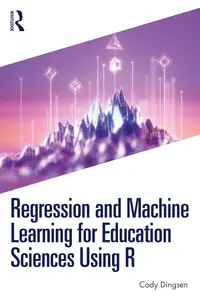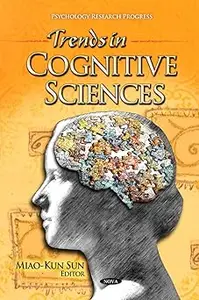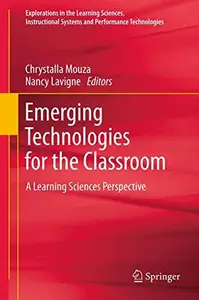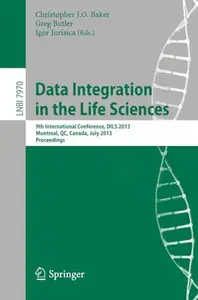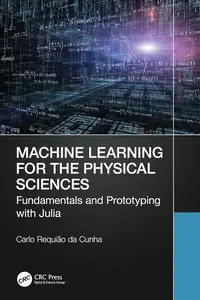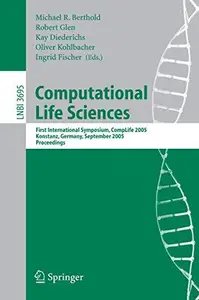
Free Download Computational Life Sciences: First International Symposium, CompLife 2005, Konstanz, Germany, September 25-27, 2005. Proceedings By Gihan Dawelbait, Christian Pilarsky, Yanju Zhang, Robert Grützmann, Michael Schroeder (auth.), Michael R. Berthold, Robert C. Glen, Kay Diederichs, Oliver Kohlbacher, Ingrid Fischer (eds.)
2005 | 280 Pages | ISBN: 3540291040 | PDF | 13 MB
This book constitutes the refereed proceedings of the First International Symposium on Computational Life Sciences, CompLife 2005, held in Konstanz, Germany in September 2005.The 21 revised full papers presented together with 3 papers of a workshop on Distributed Data Mining in the Life Sciences (LifeDDM) were carefully reviewed and selected from 49 initial submissions. The papers cover areas ranging from high-level system biology to data analysis related to mass spec traces and are organized in topical sections on systems biology, data analysis and integration, structural biology, genomics, computational proteomics, molecular informatics, molecular structure determination and simulation, and distributed data mining.
